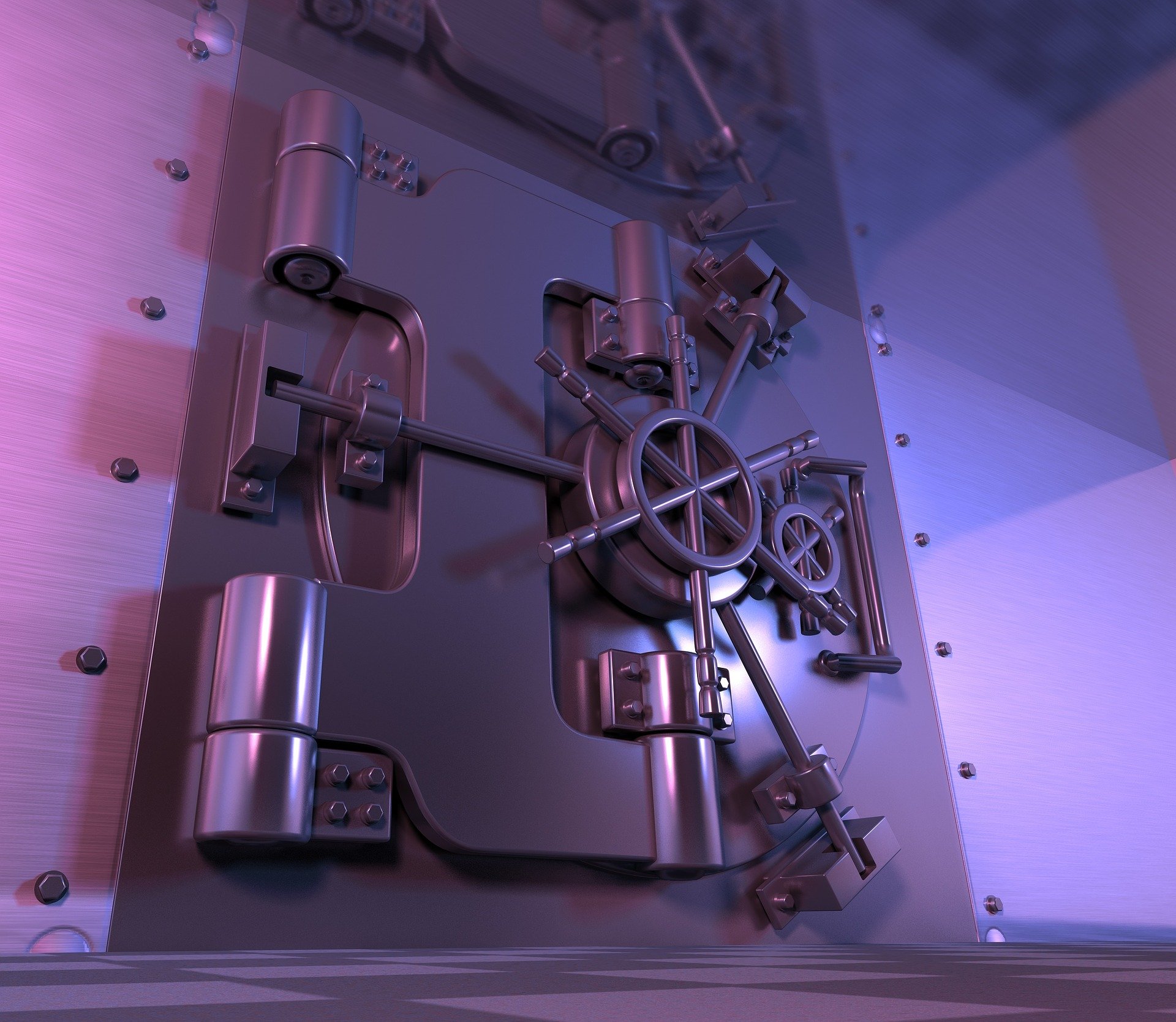10 Things to Do During a Recession
VFS friend Isaiah Douglass recently posted yet another excellent podcast* titled “15 Things to Do in a Recession.”
With permission, we share the top 10 strategies you can use to survive inflation and the recession we are facing.
1. Income
If you are salaried, you’re in a tough spot in times of high inflation. If inflation is 10%, your income – or rather your buying power – shrinks by 10%. The only way out is to lower your standard of living or to negotiate a raise. Good luck with that negotiation when your beloved boss is struggling to pay the bills.
However, if you are an associate on ProSal, you are much better off. If your employer raises prices to take inflation into account, then you’re in luck. Your income will increase around the same amount as the fee increase.
In turn, that will help you fight inflation.
2. Pet Insurance
Of course, pet owners feel the pain of inflation as well. Now is a perfect time to recommend pet insurance. If you are uncomfortable with recommending a particular company, or you don’t have the time, you can refer clients to Pawlicy**. The website helps pet owners choose the right plan for their particular pet. Think of them as the Expedia of pet insurance.
This is a perfect win-win: it will increase compliance and revenue for you, and it will help clients pay for excellent care – in bad times as well as good times.
3. Cash
Cash in the bank is guaranteed to lose money, in any market conditions, year after year.
Obviously, this is especially true in a high inflation environment.
So why would anybody in their right mind recommend holding cash?
Remember the first chapter of any good financial book? They all recommend saving 3-6 months’ worth of living expenses in a dedicated account. This money is rarely used in good times. It’s typically used in tough times, which is the reason why it’s also called a “rainy day fund” or an “emergency fund.”
In addition, it’s better to lose 10% to inflation than to lose 30% in risky investments, or to lose your car (or, yikes, your house!).
Lastly, sitting on cash may allow you to take advantage of opportunities, either in the investment arena or in the practice world.

4. Don’t Stop Investing
It takes some serious guts, but as the saying goes, invest “when there is blood in the street.”
This means that the darkest time of a recession, when every last investor has given up, is a time to buy, not sell.
Never forget the most important concept of investing: buy at the bottom and sell at the top – not the opposite.
That said, also consider selling loser or risky stocks and harvest the loss in your next tax return.
“Don’t only invest in the stock market, consider alternative investments to be truly diversified,” Isaiah recommends.
5. Buy a Practice
As sad as it is, a severe crisis will lead to opportunities to find good deals.
For example, some poorly-run practices will struggle and the owner may have to sell.
If the practice is too small to be bought up by a corporate group, the owner may be in a tough spot.
By offering to buy their practice, you’re not being a predator. Rather, you may be someone’s best hope to retire.
“In addition, you will help save some jobs in the process,” Isaiah explains.
For such an opportunistic purchase to happen, you need to have good credit and enough savings for a down payment. This is one more reason to always have your financial house in order.
6. Food
At the risk of sounding like a doomsday prepper, Isaiah recommends having enough food to feed you and your family for a while (I would add: and your pets).
Remember how empty shelves were at the beginning of the COVD crisis?
So stock up on non-perishable food. Learn to bake bread. Grow food in your yard (or balcony) (or kitchen). Get to know local farmers. Meet them at the local farmers market.

Picture of the bread section at a grocery store in PA at the beginning of the COVID pandemic.
7. Side Gigs
In order to increase your income, you could pick up a few shifts at the local ER. Or pick up some relief shifts. Or start a side hustle. Or consider telehealth.
At the same time, don’t burn out and don’t forget to smell the roses. You need to focus on your health – physical and mental – especially in tough times.
8. Debt
Pay off credit card debt ASAP, because the high interest will not change during a crisis.
You could, however, delay paying off low interest debt if that is an option. At the very least, don’t accelerate those payments.
9. Business Expenses
If you’re a practice owner, compare your main expense categories with well-established benchmarks (Key Performance Indicators or KPIs) to see where you’re at.
Make an appointment with your CPA and go over your P & L (Profit & Loss statement). Explore where you can reduce unnecessary expenses.
10. Personal Expenses
Of course, cutting down on unnecessary expenses also applies to your personal life.
- Now would be a good time to decide if you truly need 12 different streaming platforms and 16 paid music apps…
- The price of gas has come down, but it’s still not cheap. How can you reduce your mileage?
- Remember the difference between a need and a want.
Fortunately, vet med has shown to be recession resistant through recent history. Still, you need to be proactive, rather than passive or reactive.
Best case scenario, you can jump on a great opportunity in the midst of difficult times.
“Worst case scenario, you’re overprepared,” concludes Isaiah.
So take the time to go over our top 10, and see which strategies you can implement in your professional and personal life.
What’s interesting about Isaiah’s list is that following those tips doesn’t only help during tough times. They will also help you during good times!
Phil Zeltzman, DVM, DACVS, CVJ, Fear Free Certified
* 15 Things to Do in a Recession, The Veterinarian Success Podcast, Episode 141, July 5, 2022.
** Woody Mawhinney, CEO and cofounder of Pawlicy, was a guest on The Veterinarian Success Podcast, Episode 128, March 27, 2022.
Interested in learning more about $$$?
Subscribe to the Blog
Join the Community
Attend the Summit
Learn about the Mastermind
